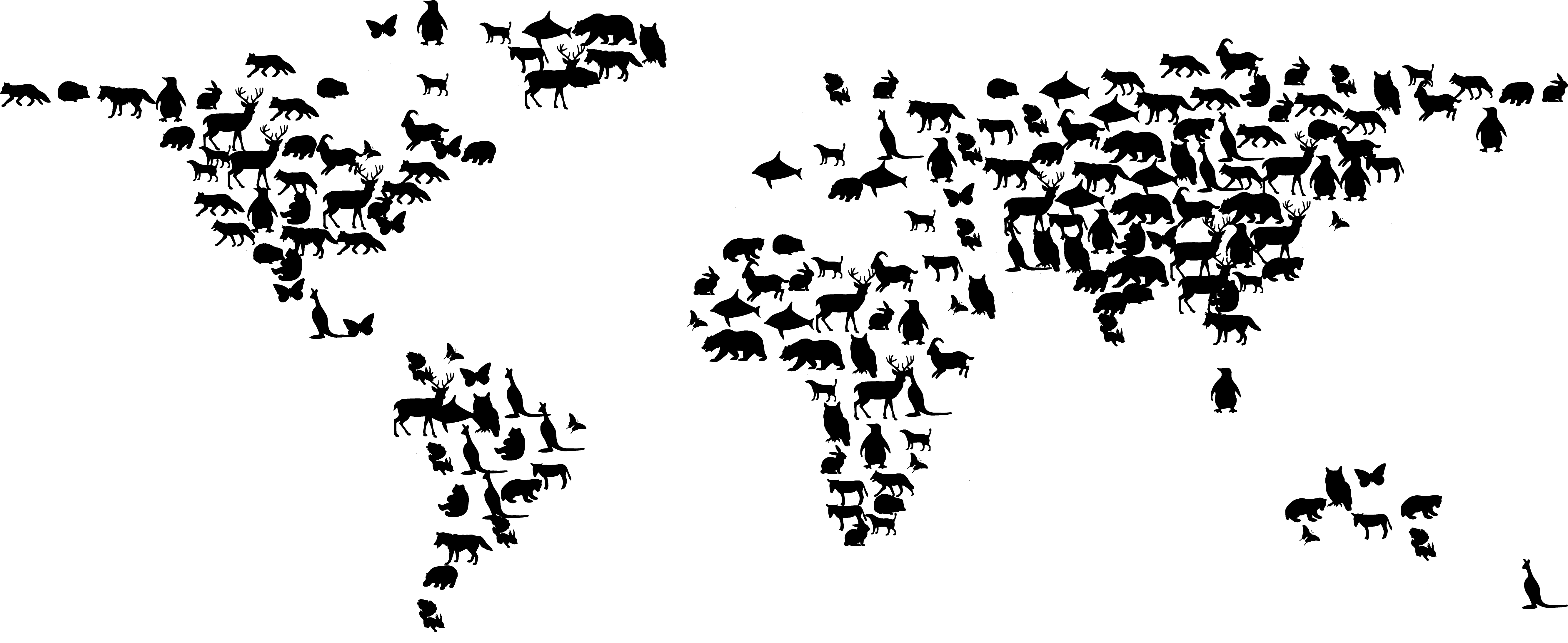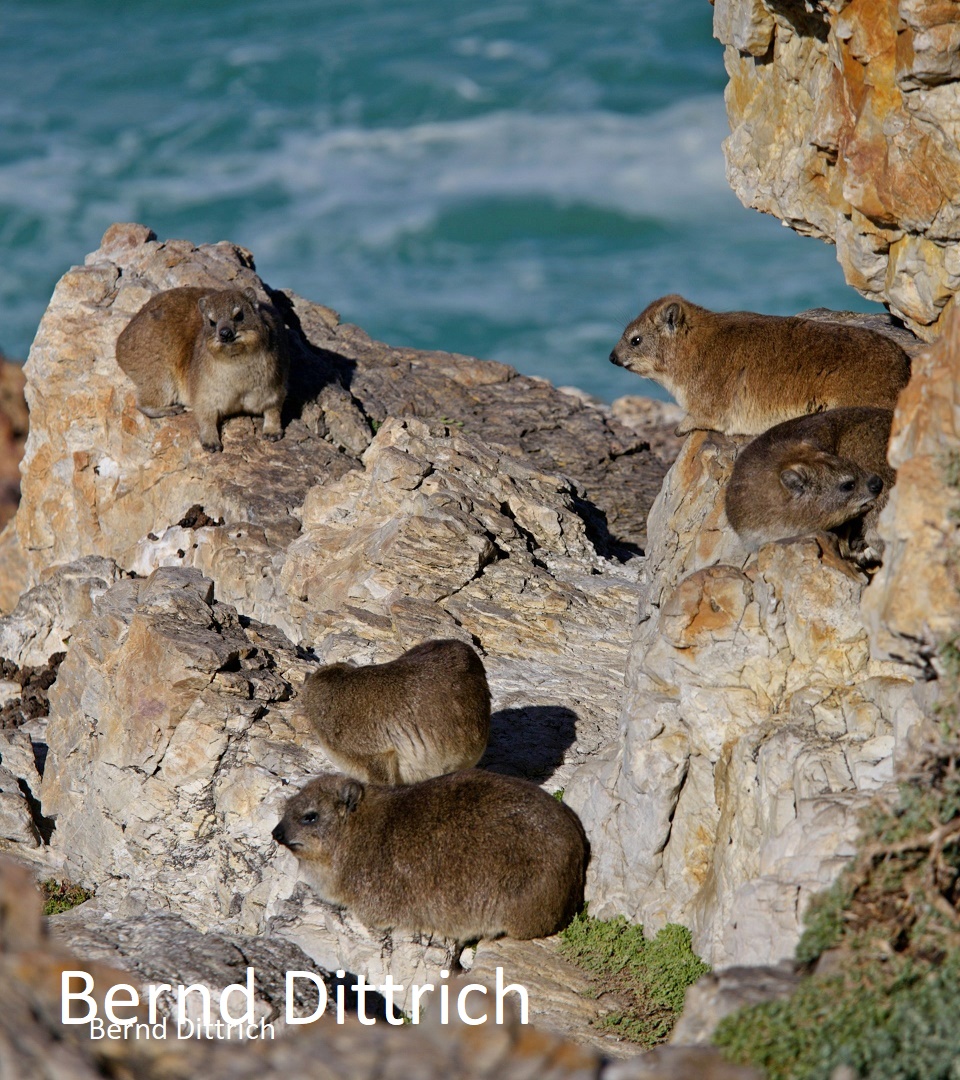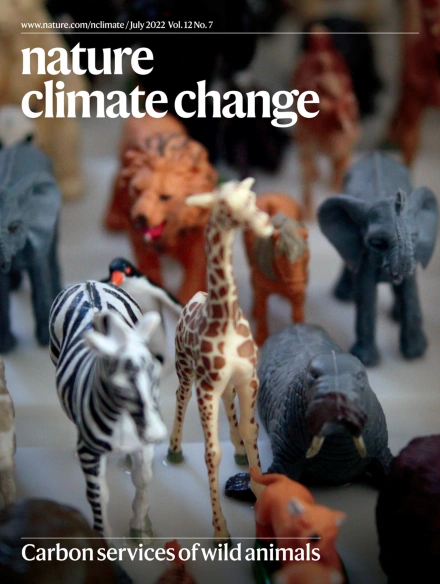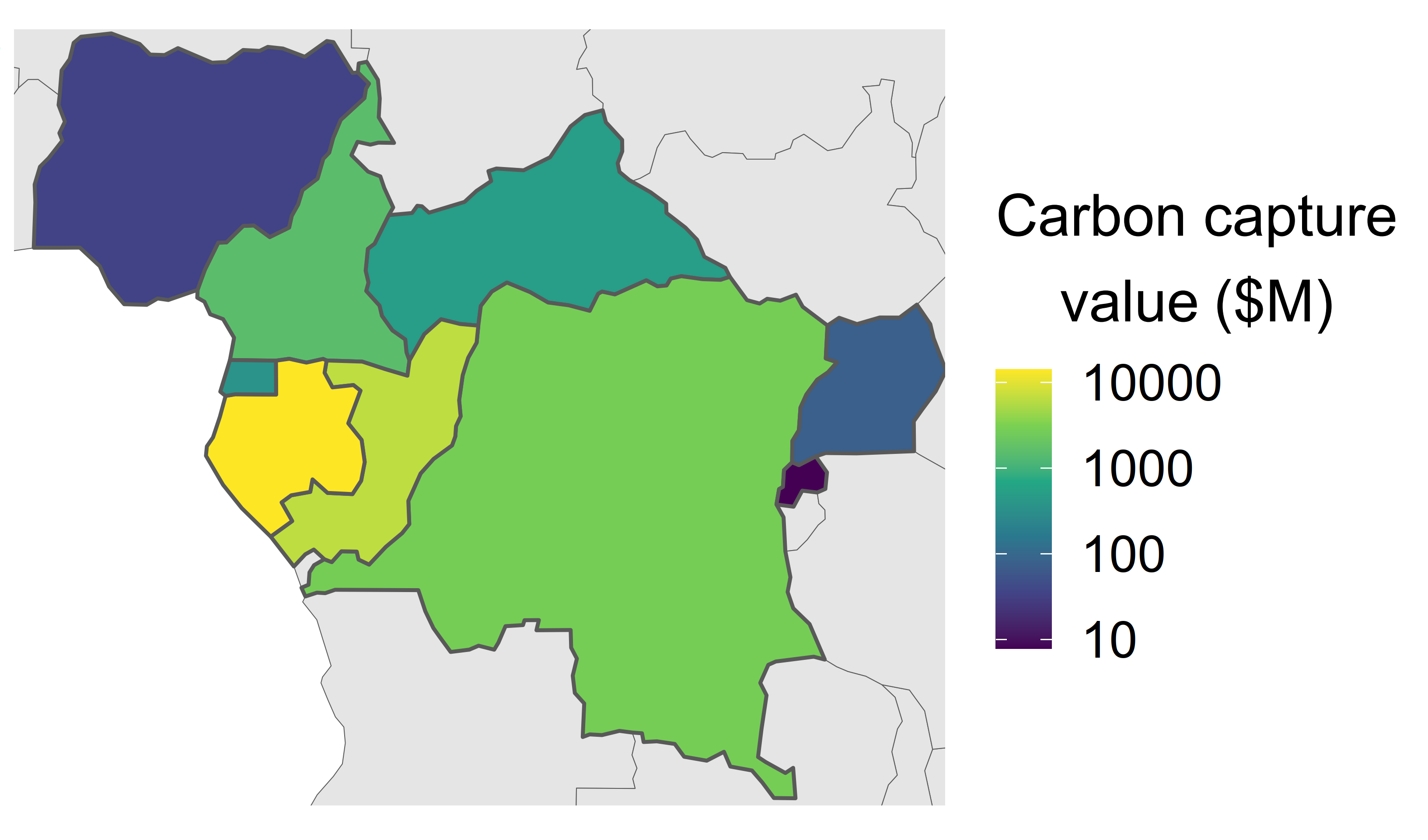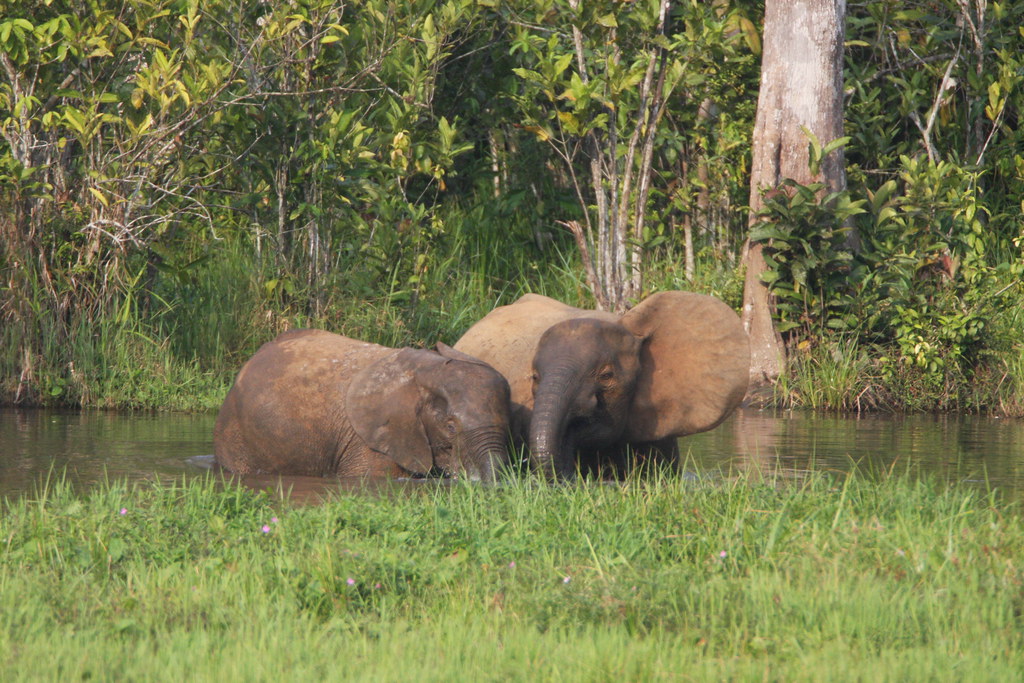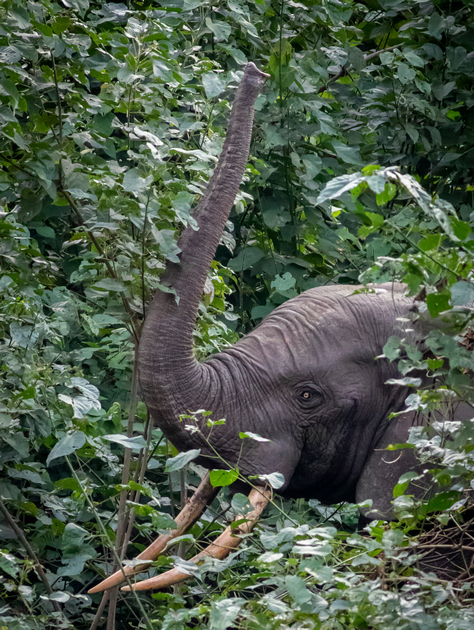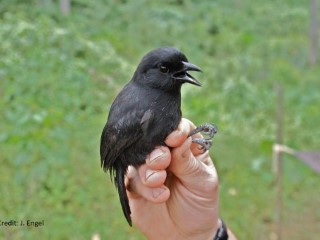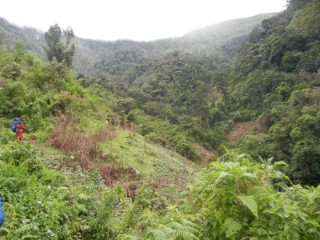Publications - CV
2024
Berzaghi F, Zhu D, Alroy J, Ciais P. Trait-based mechanistic approach highlights global patterns and losses of herbivore biomass functional diversity. Functional Ecology. https://besjournals.onlinelibrary.wiley.com/doi/full/10.1111/1365-2435.14512
Oostdijk M,...Berzaghi F,..., Wisz M. Modeling fisheries and carbon sequestration ecosystem services under deep uncertainty in the ocean twilight zone. Ambio. https://link.springer.com/article/10.1007/s13280-024-02044-1
Santini L, Berzaghi F, Benitez-Lopez A Total population reports are ill-suited for global biomass estimation of wild animals. PNAS. https://www.pnas.org/doi/10.1073/pnas.2308958121
Curk T,...Berzaghi F,..., Santangeli A Integrating threat mapping and animal movement data to identify high‐risk areas for endangered mobile species.Amimal Conservation . https://zslpublications.onlinelibrary.wiley.com/doi/full/10.1111/acv.12980
2023
Schmitz OJ, Sylvén M, Atwood TB, Bakker ES, Berzaghi F, Brodie JF, Cromsigt JP, Davies AB, Leroux SJ, Schepers FJ, Smith FA, Stark S, Svenning J-C, Tilker A, Ylänne H. Trophic rewilding can expand natural climate solutions. Nature Climate Change. https://www.nature.com/articles/s41558-023-01631-6
Berzaghi F, Bretagnolle F, Durand-Bessart C, Blake S. Megaherbivores modify forest structure and increase carbon stocks through multiple pathways. PNAS. https://www.pnas.org/eprint/JR3NTBQGPW9CCTD5J9RI/full
2022
Chami R, Cosimano T, Fullenkamp C, Berzaghi F, Español-Jiménez S, Marcondes M, Palazzo J. The Value of Nature to Our Health and Economic Well-Being: A Framework with Application to Elephants and Whales. In L. Paganetto (Ed.), Economic Challenges for Europe After the Pandemic (pp. 117–162). Springer International Publishing.. https://doi.org/10.1007/978-3-031-10302-5_7
Berzaghi F, Cosimano T, Fullenkamp C, Scanlon J, Fon TE, Tunga Robson M, Forbang JL, Chami R. Value wild animals’ carbon services to fill the biodiversity financing gap. Nature Climate Change. https://www.nature.com/articles/s41558-022-01407-4
Berzaghi F, Chami R, Cosimano T, Fullenkamp C. Financing conservation by valuing carbon services produced by wild animals. PNAS. https://www.pnas.org/doi/10.1073/pnas.2120426119
2021
Yang H, Ciais P, Chave J, Huang Y, Ballantyne A, Yu K,Berzaghi F, Wigneron JP. Coarse woody debris are buffering mortality-induced carbon losses to the atmosphere in tropical forests. Environmental Research Letters. https://doi.org/10.1088/1748-9326/abd58a
2020
Berzaghi F, Wright IJ, Kramer K, Oddou-Muratorio S, Bohn FJ, Reyer CPO, Sabate S, Sanders T, Hartig F. Towards a New Generation of Trait-Flexible Vegetation Models. Trends in Ecology & Evolution. doi.org/10.1016/j.tree.2019.11.006
2019
Berzaghi F, Longo M, Ciais P, Blake S, Bretagnolle F, Vieira S, Scaranello M, Scarascia-Mugnozza G, Doughty CE. Carbon stocks in Central African forests enhanced by elephant disturbance. Nature Geoscience. doi.org/10.1038/s41561-019-0395-6
2018
Berzaghi F, Engel J, Plumptre A, Mugabec M, Kujirakwinjad D, Ayebarec S, Bates J. Comparative niche modeling of two Laniarius bush-shrikes and the conservation of mid-elevation Afromontane forests of the Albertine Rift. The Condor: Ornithological Applications. doi.org/10.1650/CONDOR-18-28.1
Berzaghi F, Verbeeck H, Nielsen MR, Doughty CE, Bretagnolle F, Marchetti M, Scarascia-Mugnozza G. Assessing the role of megafauna in tropical forest ecosystems and biogeochemical cycles - the potential of vegetation models. Ecography. doi.org/10.1111/ecog.03309
Vacchiano G, Ascoli D, Berzaghi F, Lucas-Borja ME, Caignard T, Collalti A, Mairota P, Palaghianu C, Reyer C, Sanders T, Schermer E, Wohlgemuth T, Hacket-Pain A. Reproducing reproduction: How to simulate mast seeding in forest models. Ecological modeling, 376, 40-53. doi.org/10.1016/j.ecolmodel.2018.03.004
2017
Andersen JH, Berzaghi F, Christensen T, Geertz Hansen O, Mosbech A, Stock A, Zinglersen K, Wisz M. Potential for cumulative effects of human stressors on fish, sea birds and marine mammals in Arctic waters. Estuarine, Coastal and Shelf Science, 184, 202-206. doi:dx.doi.org/10.1016/j.ecss.2016.10.047
2014
Wisz M, Andersen JH, Berzaghi F(eds), Christensen T, Clausen DS, Johansen KL, Geertz-Hansen O, Hedeholm R, Nymand, Zinglersen KB. A catalogue of available data describing ecosystem components and human stressors in the sea west of Greenland. Working Document for Nordic Council of Ministers, 38 pp.

